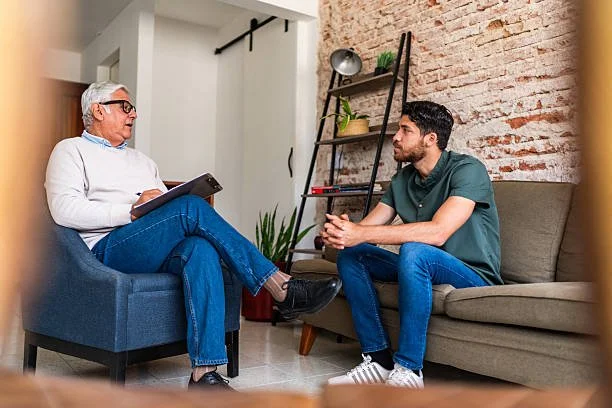Managing ADHD Without Medication: Lifestyle Changes That Can Help
When it comes to managing ADHD, medication can be life-changing for many people. However, it is not always the only option, and some individuals prefer to explore alternative approaches. Others may want additional tools to support their focus alongside current treatment.
Thankfully, there are practical lifestyle strategies that can make a significant difference in managing ADHD symptoms. While these approaches will not cure ADHD, they can help you feel more in control of daily life.
Building Structure Through Daily Routines
Most people thrive on consistency, but this is especially true for individuals with ADHD. Establishing routines makes it easier to stay on track throughout your day.
Consider creating a morning routine by waking up at the same time each day. This helps regulate your internal clock and sets a positive tone. Similarly, developing a consistent bedtime ritual can improve your sleep quality.
Visual reminders become your best friends. Calendars, planners, and smartphone apps help keep tasks organized and visible.
Breaking Large Tasks Into Manageable Steps
Big projects can feel overwhelming and often lead to procrastination. Instead of viewing a large task as one enormous mountain, try breaking it down into smaller, manageable pieces.
Create a to-do list with specific, small actions rather than broad goals. For example, instead of “clean the house,” try “wash dishes,” “vacuum living room,” and “organize desk.”
Consider working for focused periods followed by short breaks. This helps maintain attention while preventing burnout. Remember to celebrate your progress along the way.
Prioritizing Movement and Exercise
Exercise benefits physical health and provides significant cognitive advantages. Physical activity boosts dopamine and serotonin levels in the brain, enhancing focus and concentration.
Aim to incorporate movement into your daily routine. The key is finding activities that feel enjoyable rather than like a chore. Whether dancing, walking, swimming, or playing sports, choose something that brings satisfaction.
Short bursts of exercise throughout the day can help sharpen your focus. Consider taking a brief walk between tasks or stretching when your attention begins to wander.
Supporting Your Brain With Nutrition and Sleep
Simple lifestyle factors like diet and sleep can make a substantial difference in how you feel and function. Balanced meals help maintain steady energy levels, while proper hydration supports brain function.
Sleep quality deserves special attention, as poor sleep significantly worsens ADHD symptoms. Establish a consistent sleep schedule and create an environment that promotes restful sleep. This might include reducing screen time before bed or developing a relaxing pre-sleep routine.
Managing Stress Through Mindfulness Techniques
Stress can amplify ADHD symptoms, making it more challenging to focus and stay organized. Learning to manage stress effectively provides significant benefits.
Mindfulness practices help you pause before reacting and become more aware of where your attention is drifting. This self-awareness allows you to redirect your focus more effectively.
Grounding techniques and deep breathing exercises are particularly helpful when feeling overwhelmed. These portable tools can be used anywhere.
Seeking External Support
You do not have to manage ADHD on your own. Having support systems makes a tremendous difference in your success.
Consider finding an accountability partner who can check in on your progress regularly. This external support provides motivation and helps you stay committed to goals.
Therapy can be incredibly valuable, particularly cognitive behavioral therapy, which helps with time management, planning skills, and developing a positive self-image. Working with a therapist who understands ADHD provides personalized strategies.
Moving Forward With Confidence
Managing ADHD without medication is entirely possible with the right lifestyle changes. The key is finding approaches that work for your unique situation and being patient during implementation.
Progress is not always linear, and having good and challenging days is normal. What matters most is developing a reliable toolkit of strategies.
If you are looking for additional support in managing ADHD symptoms, we are here to help. Our integrative approach focuses on understanding how past experiences affect present challenges while providing practical tools for moving forward. Contact us today to learn how therapy can complement your lifestyle changes.


